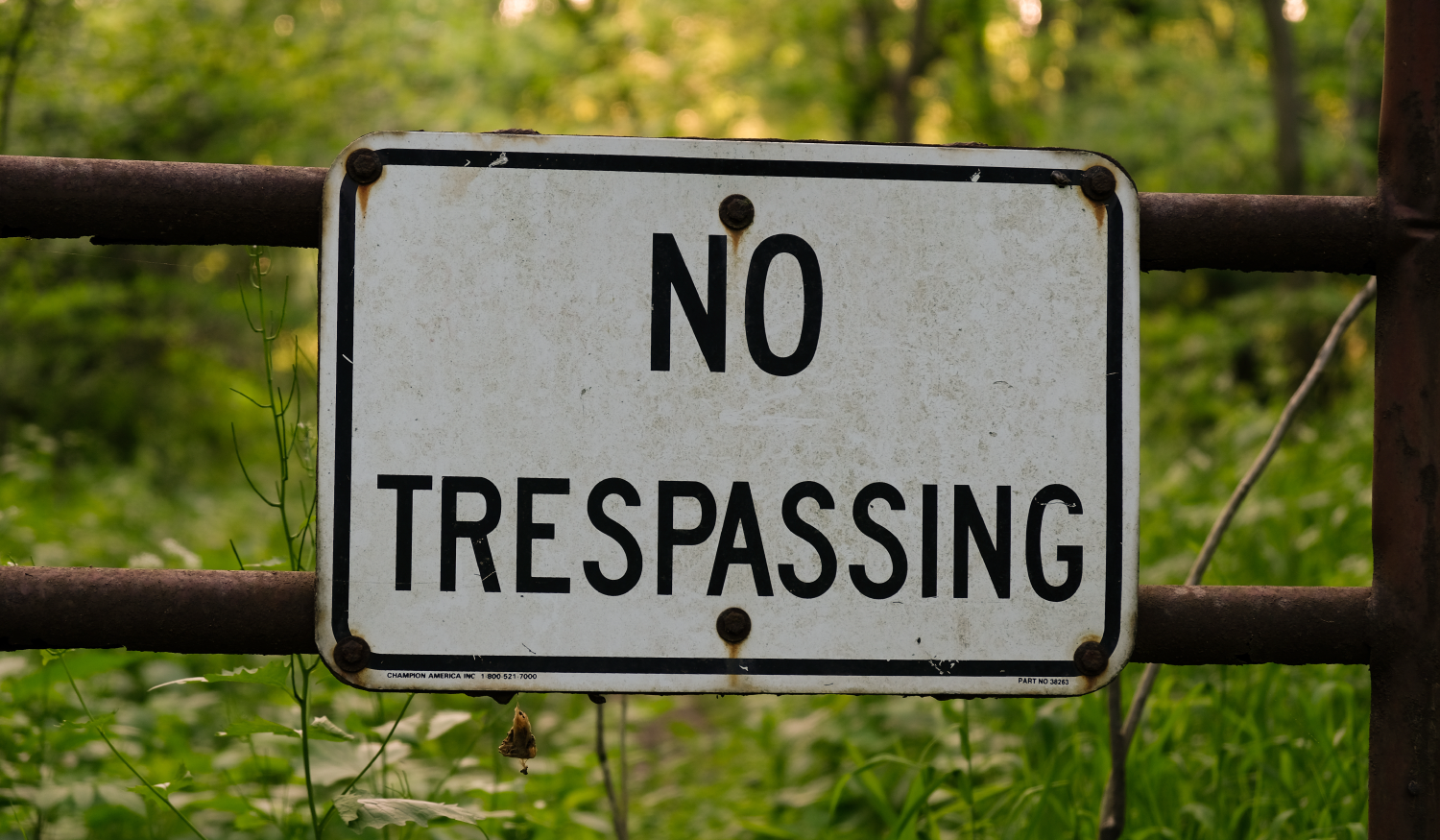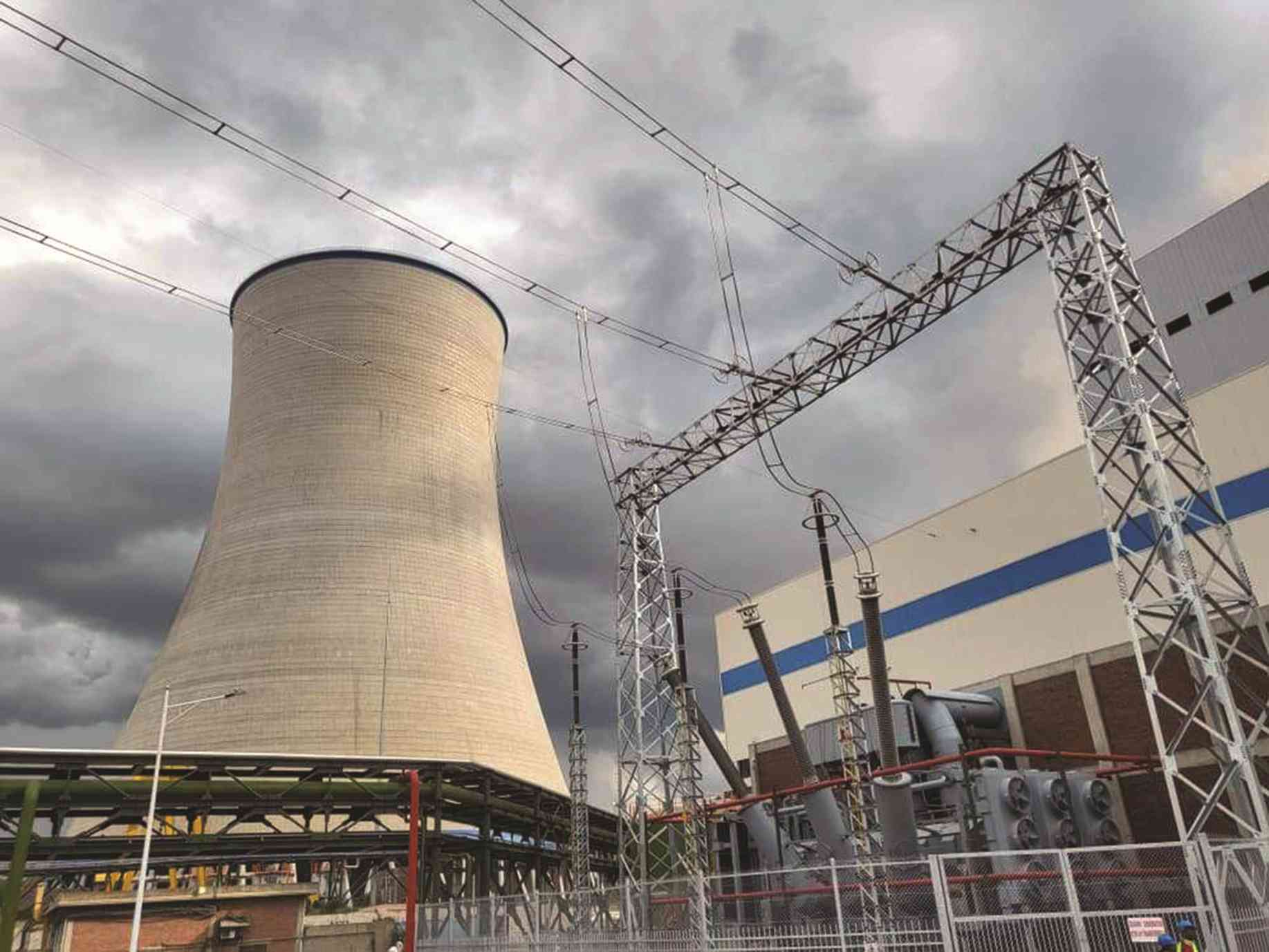
PRESIDENT Emmerson Mnangagwa’s administration this week took a giant leap towards securitising land.
This comes 24 years after his predecessor, Robert Mugabe, forcibly grabbed vast farmland from white farmers and redistributed it to the indigene.
For the past 24 years, beneficiaries of Mugabe’s land reforms — which fundamentally transformed Zimbabwe’s political economy, were given 99-year leases and offer letters. But they were not transferable, and were not accepted as collateral by banks.
Those turbulent years, which resolved Zimbabwe’s long standing land question, were marked by the rapid decline of a once vibrant agricultural sector.
With banks rejecting the 99-year leases and beneficiaries of redistributed farms holding no title deeds, land became a dead asset.
Black farm owners were hesitant to make substantial improvements on their newly acquired land. Investors shied away from pouring capital into the sector, which was once Zimbabwe’s major economic mainstay.
Zimbabwe’s debt swelled, as newly resettled farmers reneged on repaying huge loans borrowed from multi-billion-dollar agricultural support schemes availed by the government.
The economy took a downturn. Production in downstream industries like the manufacturing sector nosedived.
- NoViolet Bulawayo’s new novel is an instant Zimbabwean classic
- COP27: Zimbabwe’s opportunity to shine
- Jah Prayzah, Zanu PF rekindles ‘lost love’
- Female politicians complain over sexual harassment
Keep Reading
Thousands of workers lost jobs as Zimbabwe reeled from widespread company closures. Raw materials from the agricultural sector ran dry.
Zimbabwe became a basket case.
This is why Mnangagwa’s announcement this week that would see recipients of Mugabe’s land reform programme obtaining registrable and transferable documents shined a ray of hope.
If implemented, Mnangagwa’s plan will surely help to bring investment into the sector.
Mnangagwa’s bold policy reforms will undoubtedly breathe life into Zimbabwe’s agricultural sector once again.
“In the absence of security of tenure, the farmers are not sufficiently motivated to invest adequately and to develop robust infrastructure on their farms for sustainable production,” Information minister Jenfan Muswere told the media after a cabinet meeting this week.
Yet what is worrying is that the new policy reforms have provoked a plethora of unanswered questions probing the motive why Mnangagwa’s administration has taken that path. His strident critics observe that the proposed land measures will benefit the political elite who amassed multiple farms during the chaotic land reform programme of 2000.
Mugabe’s family, as court documents showed in the intriguing divorce case of his daughter Bona and Simba Chikowore, owned 24 farms.
It is the country’s new land aristocracy.
Ironically, this was in violation of his regime’s one-man-one-farm policy.
Without first conducting a thorough land audit, implementing the new policy will result in the landed gentry smiling all the way to the bank as they dispose of multiple farms they grabbed during Mugabe’s rule.
Transparency would be key in rolling out the planned land policy.










